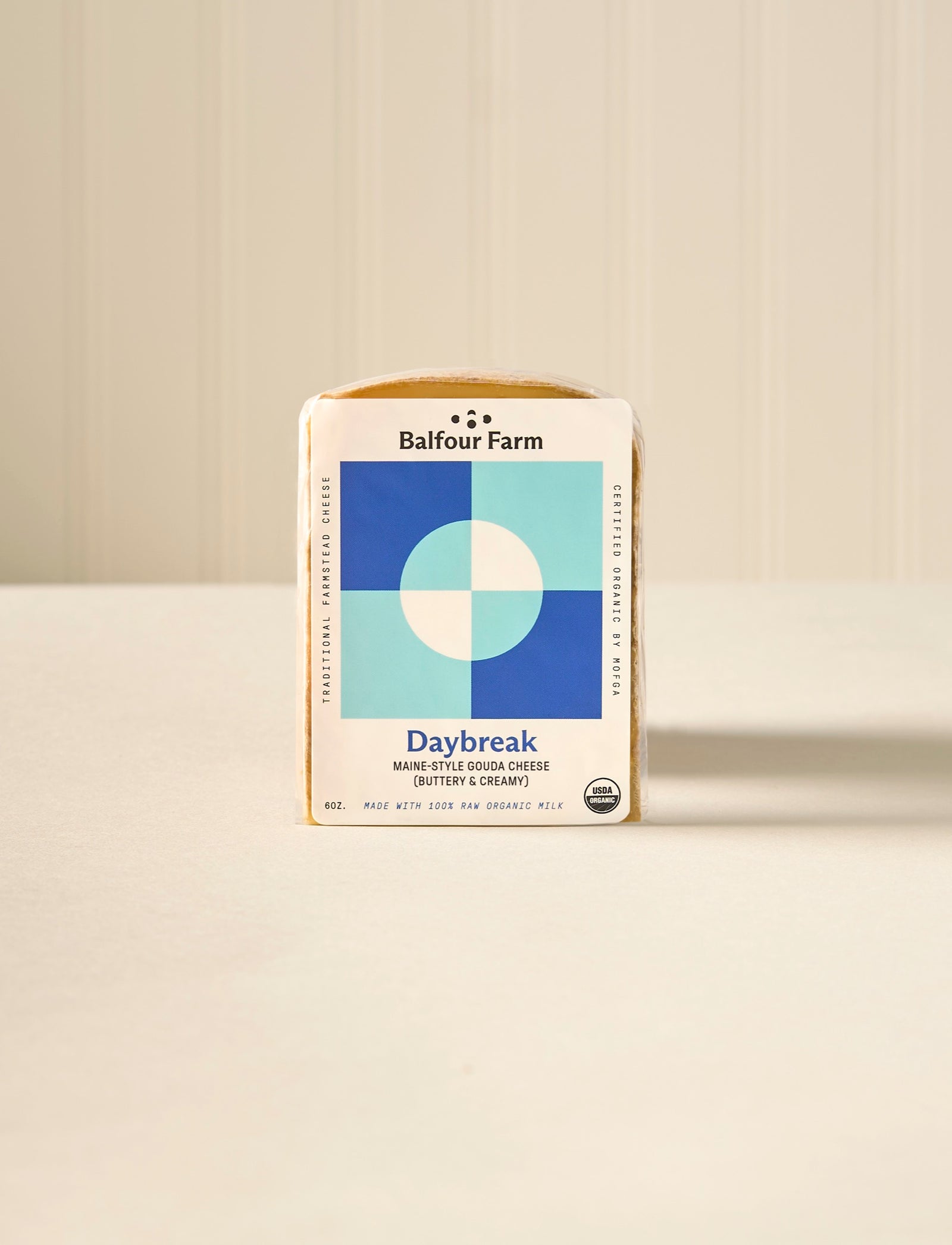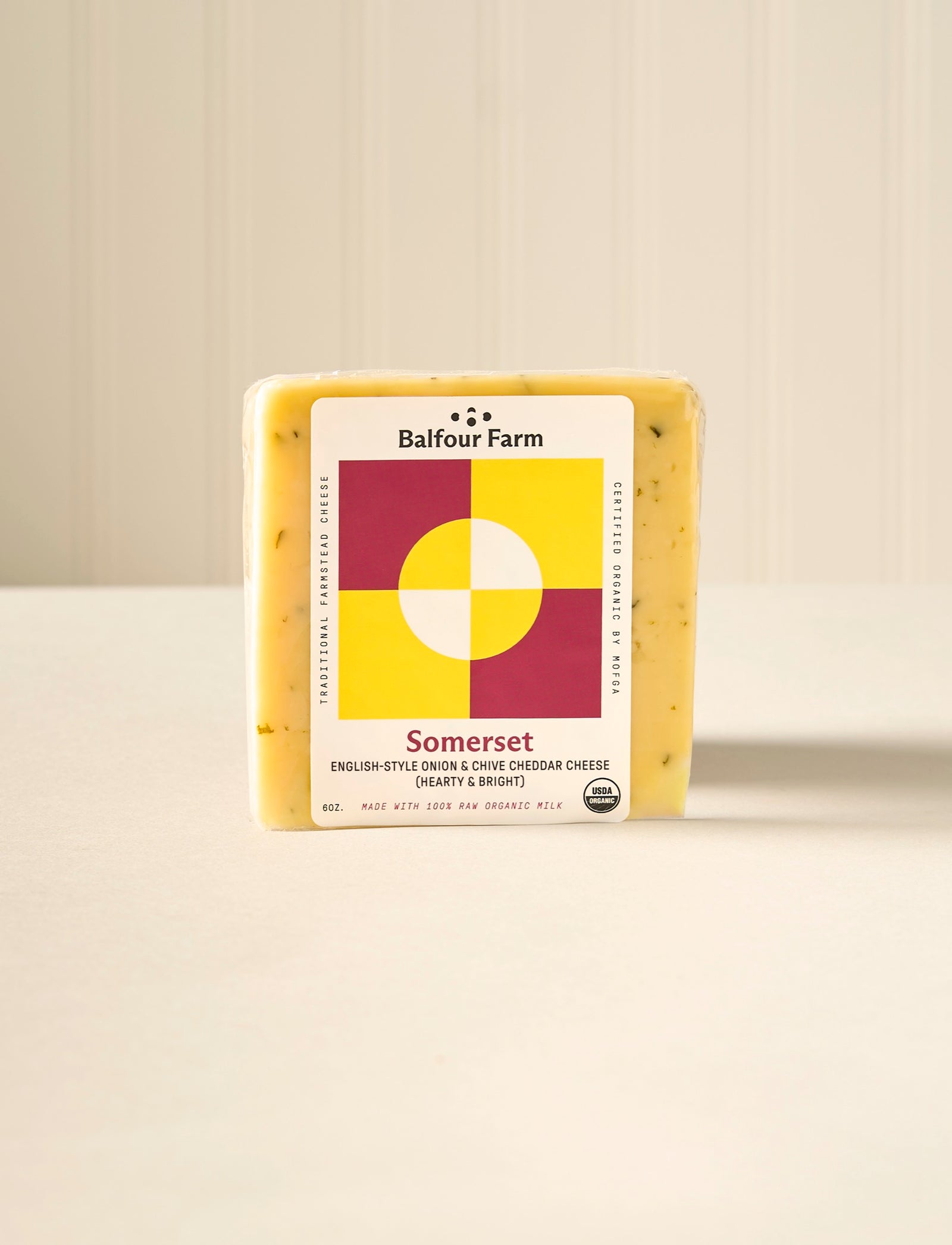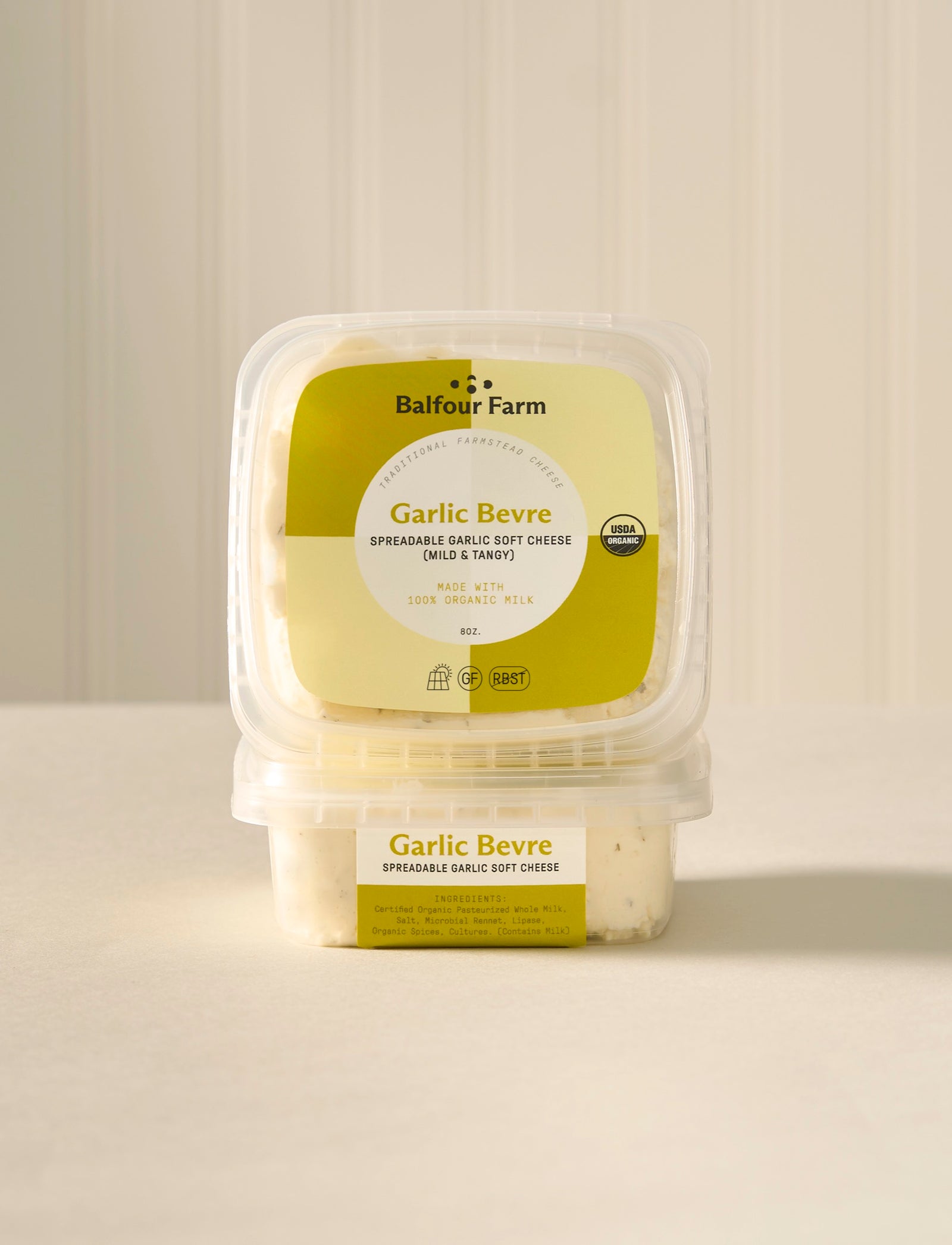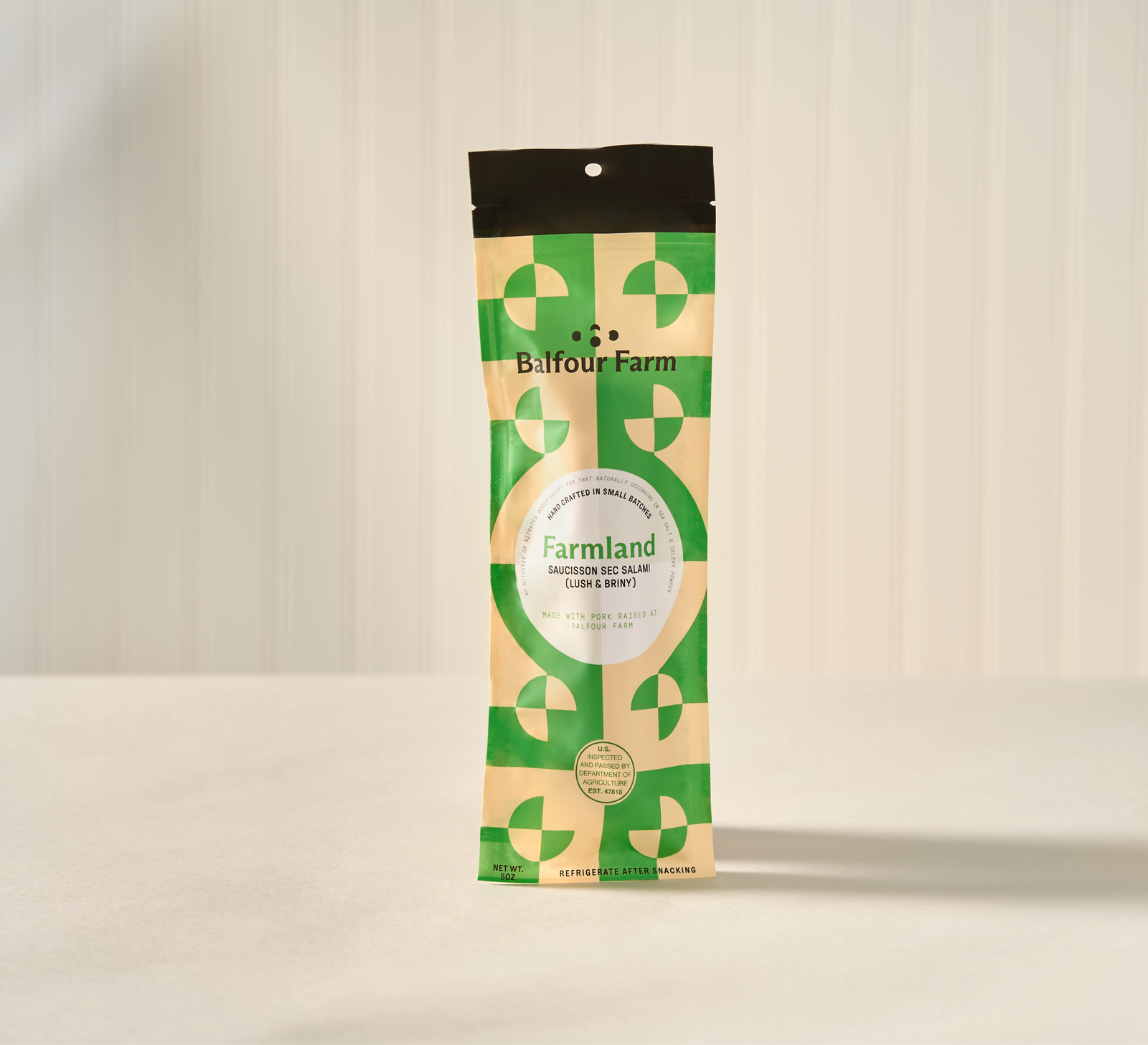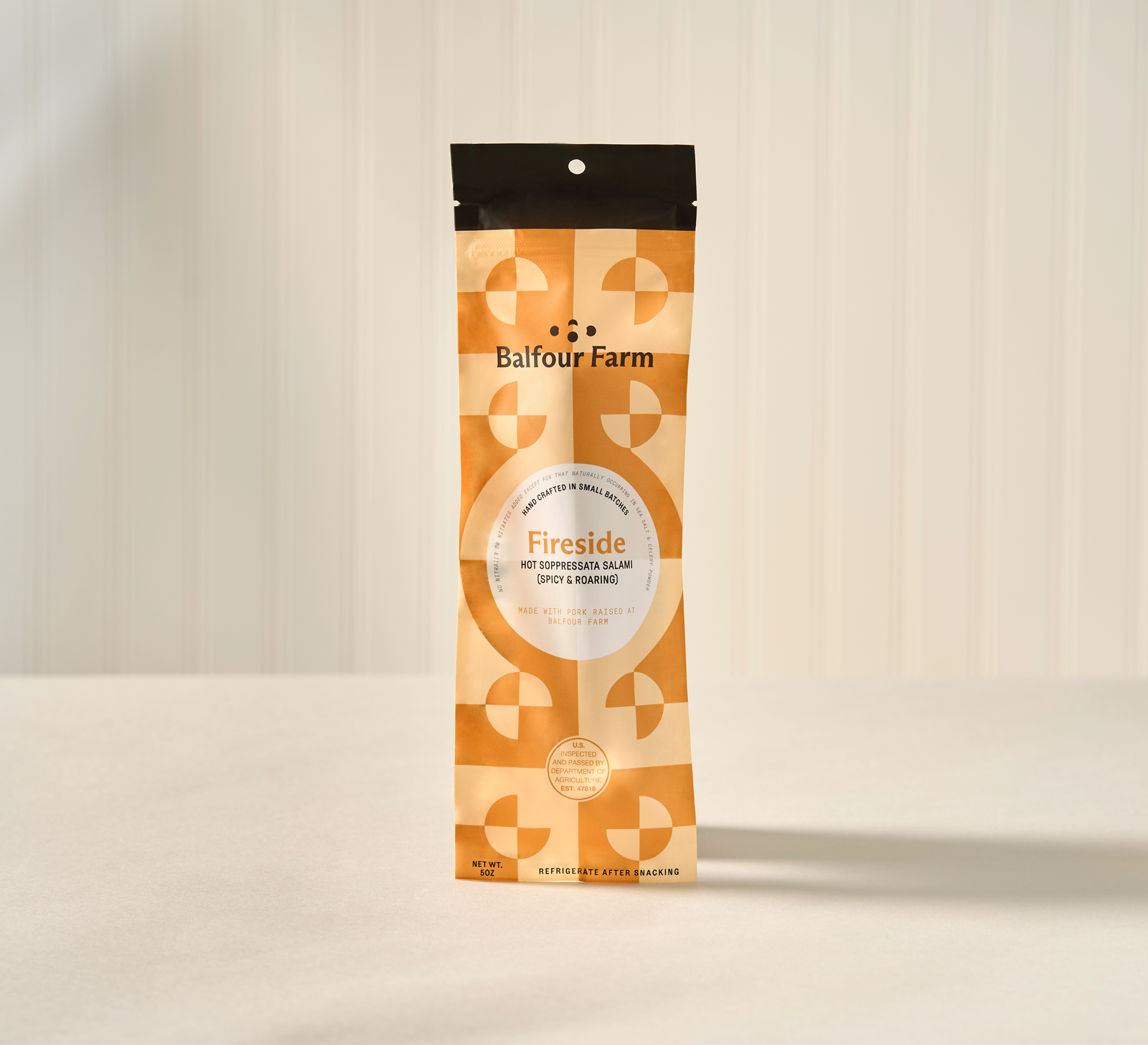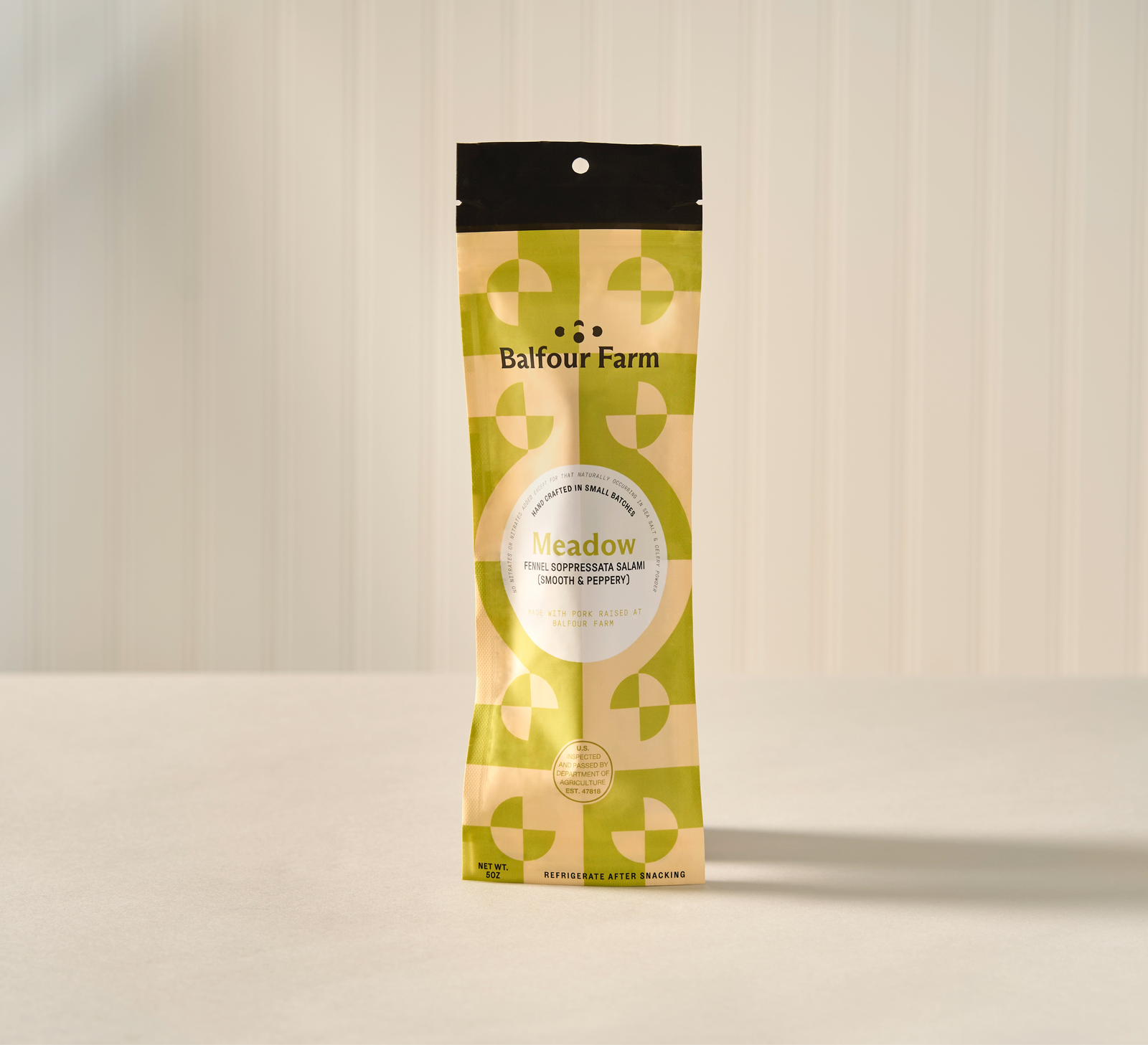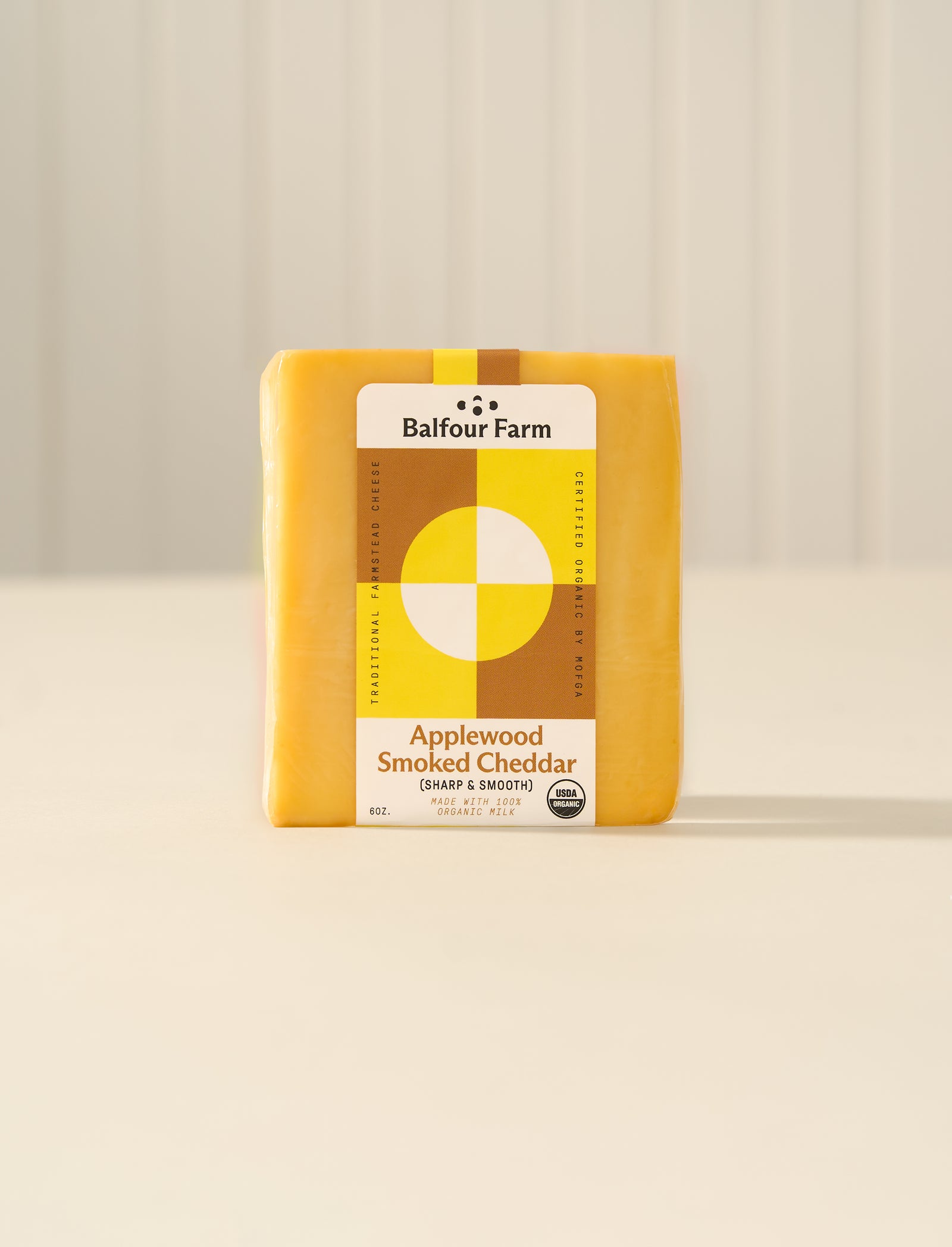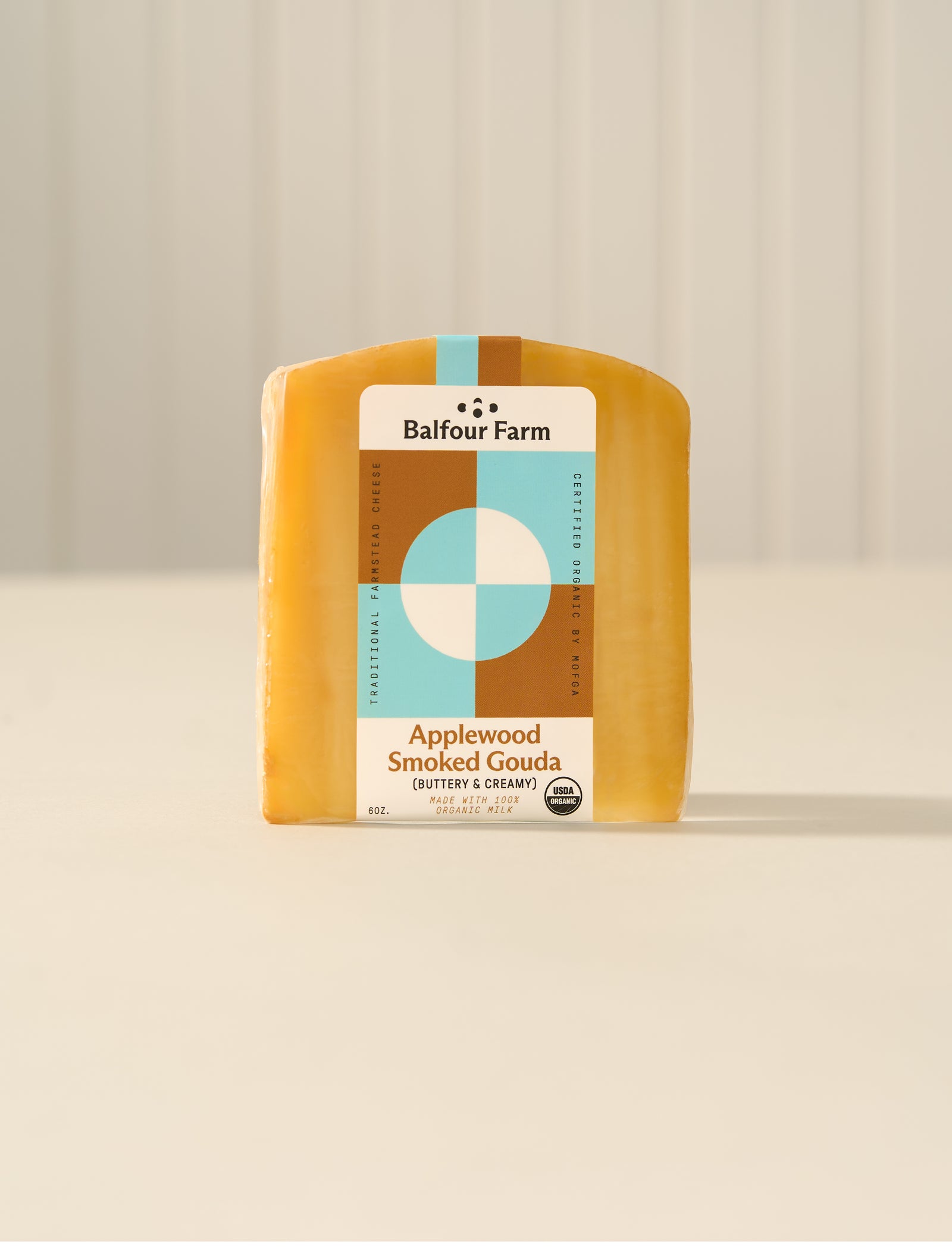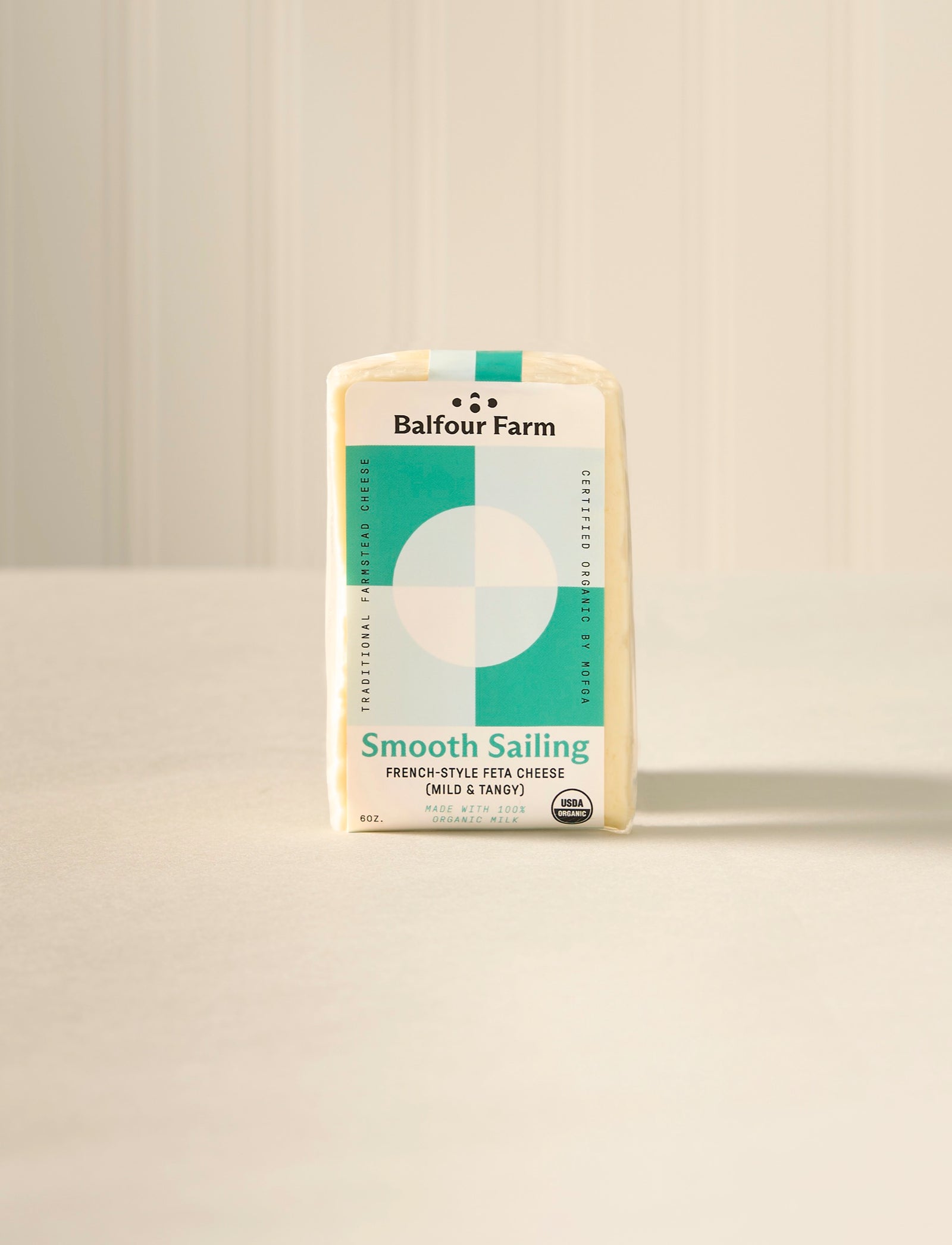Frequently Asked Questions
Orders
UPS is our go-to shipping partner. For all New England-based orders, we use ground shipping. For orders outside of New England, we use two-day air to ensure you receive the freshest product possible.
We ship via UPS 2-day ground or airship for areas not serviced by 2-day ground. Generally speaking, Maine, New Hampshire, and Massachusetts ship using 2-day ground (though this varies by location).
We ship orders on Monday, Tuesday, and Wednesday. That cadence coincides with when we make our cheeses, ensuring you receive the freshest product possible. If your order is placed outside of our shipping window, it will roll over into next week's orders.
We strive for timeliness with our cheese deliveries. We pack our orders in recyclable boxes with frozen gel packs, and they are held in refrigeration until they are picked up by UPS. If you receive a delivery that is not up to your freshness standards, please document the time of receipt, photograph any damage to the box, and notify us ASAP. Unfortunately, without these details, we cannot process refunds or shipping claims.
If you haven’t received your order when UPS tracking indicates, please notify us ASAP at order.balfourfarm@gmail.com.
First off we’d recommend that you review the supplied UPS tracking info. If the package is nowhere to be found, please file a missing packing ticket with UPS.
Regardless of where things land with UPS, if your package hasn’t made its way to your door in the intended timeline, please contact us directly at order.balfourfarm@gmail.com
Yes, we do! If you are a retailer interested in stocking any of our farmstead products, you will need to create a wholesale account before proceeding. Please start by filling out our wholesale intake form. If you need to contact us after filling out the form, email us at wholesale.balfourfarm@gmail.com.
Shipping
UPS is our go-to shipping partner. For all New England-based orders, we use ground shipping. For orders outside of New England, we use two-day air to ensure you receive the freshest product possible.
Return Policy
Unfortunately, we do not accept returns for any of our farm products as they are perishable goods.
We get it. Not every product is created equal. Although we do not take returns, we can help you find a product that better fits your taste buds. Shoot us an email at balfourfarm@gmail.com and we’ll make things right.
If you’ve received the wrong order, contact us directly at balfourfarm@gmail.com and we’ll get everything sorted.
Cheese Products
Our products all originate on the farm, starting with the milking process. We find that raw milk cheeses have more flavors — and more unique flavors — than pasteurized milk cheeses.
Raw milk can face food safety challenges, as good bacteria that creates unique flavors can also be accompanied by bacteria that creates spoilage or illness. We are confident that our milking and production processes minimize these risks.
Yes! Our fresh cheeses (Bevre, Feta, and Taleggio) and ripened cheeses (all our Brie-style cheeses) are made with pasteurized milk, as well as our yogurts. We pasteurize our milk using the vat pasteurization method, which some believe to be gentler on the milk because it is not pumped through multiple machines and is heated at a lower temperature.
Because we make our cheeses with microbial rennet, they are vegetarian-friendly. However, several cheeses (our Feta, Marcy, Bloomfield, and Bevres) use an additional enzyme, lipase, which is derived from animals. Although it is used in a very small amount, these cheeses are not suitable for strict vegetarians. Additionally, Pine Tree, our Parmesan-style hard cheese, uses a traditional recipe that uses natural calf rennet.
We are in the process of increasing our herd numbers and will be milking 20 cows by the end of 2025. We have had a closed herd since 2007. This means we do not buy cattle from outside the farm, preferring to raise all of our own cattle that are born here on the farm. Our barn holds 12 cows per milking session in our milking parlor. When more are milking, we switch out cows. The number of cows milking changes throughout the year. We’ve milked as few as 6 cows, usually in the winter months or early spring as we are waiting for cows to freshen (have a calf).
Salami Products
The Farm
Our farm, crops, cattle, processing and products are certified organic under the USDA’s National Organic Plan (NOP). Our farm is inspected and certified by MOFGA (Maine Organic Farmers and Gardeners Association). Every year, MOFGA inspect our records, farm practices, animals, labeling, ingredients, purchasing records and products. All of our dairy products are certified organic.
Our beef is from steers or retired dairy cows. It is considered certified organic until it leaves the farm for processing. We do not label the beef organic as it requires additional inspection at the processing plant. We may add this certification in the future if our volume of beef production increases.
In 2022, we switched our chickens to certified organic birds and grain. Our eggs are now certified organic.
Our pigs and pork products are not certified organic. They are fed non-GMO grains and organic whey from our cheese room.
“The girls” (our Normande cows) are given the best feed we can raise, fresh well water, and lots of love from us farmers. We milk once a day, and are careful to handle them gently during milking. This reduces stress on the animals, which we believe is the right thing to do. We believe healthy, happy cows make the highest quality milk: If we take care of the girls, they will take care of us.
Our pigs are raised in the woods and in the security of the barn in the winter. They have room to roam and explore, and cozy up when the weather is bad. We feed our pigs a NON-GMO diet of grains and whey from our cheesemaking. They get plenty of scratches and pets too!
Yes, we do! Our farm is completely off-the-grid: We use 60 solar panels to generate the bulk of our electricity, which is stored in a battery bank. Our diesel generator is tied into our solar, kicking on if battery levels drop too low, and during milking when a lot of equipment is running all at once.
We milk once per day in the morning. The cows walk up to the barn from the pastures. We have a tie-stall barn that has been converted into the milking parlor, where we can milk up to 12 cows at a time. The girls all have their favorite spot to stand. We have a pipeline system: a series of stainless steel pipes under vacuum provides pressure that mimics hand milking.
Events
The Maine Cheese Festival is celebration of Maine-made cheeses and the cheese makers behind each delicious product. Come try a slice a of Maine!
The Common Ground Country Fair is an annual agricultural fair in Unity, Maine that celebrates rural living, organic farming, and sustainable living, hosted by MOFGA. Find us at the Rose Gate Farmers Market!
Summer/Winter 2025 TBA
At Balfour Farm
Open Farm Day is an extra special day to visit the farm and discover more ways to enjoy our farm products year-round.
